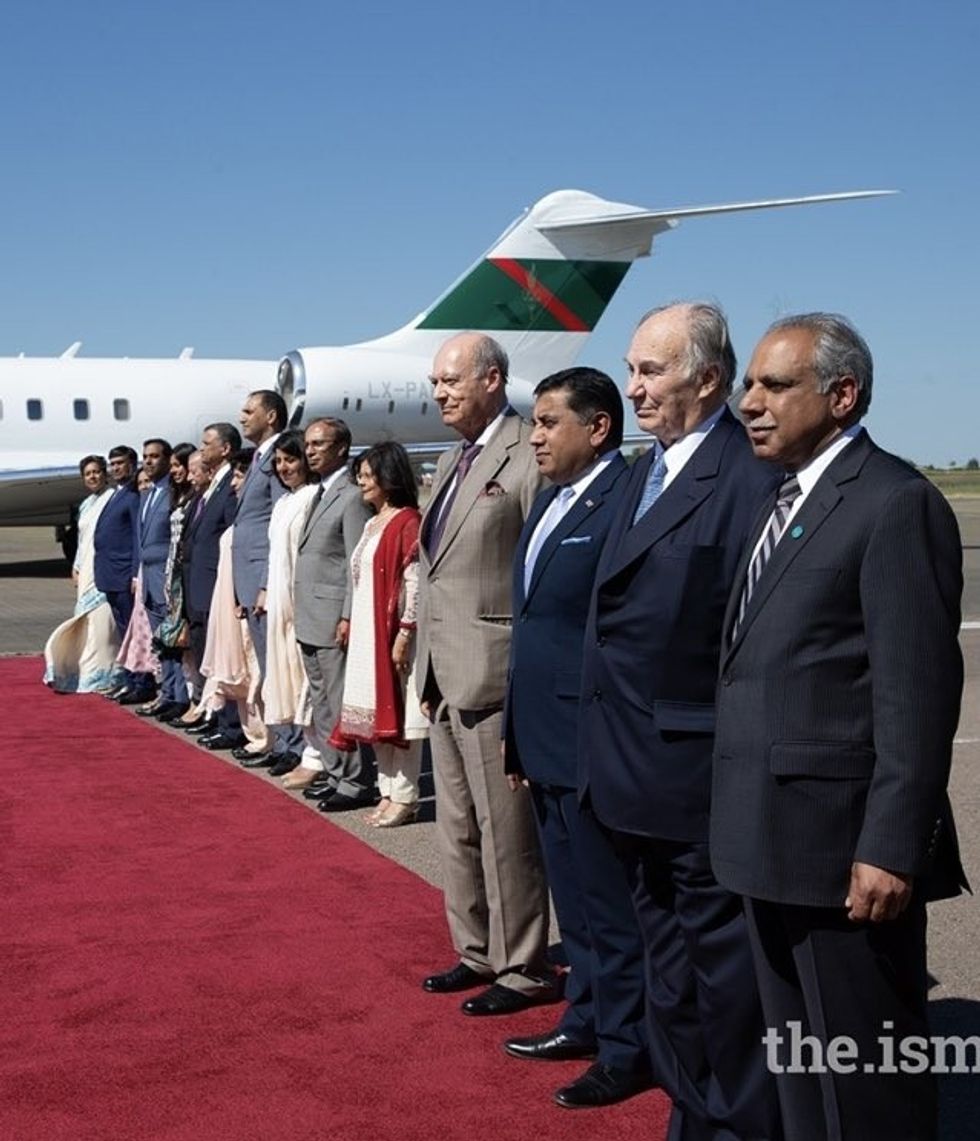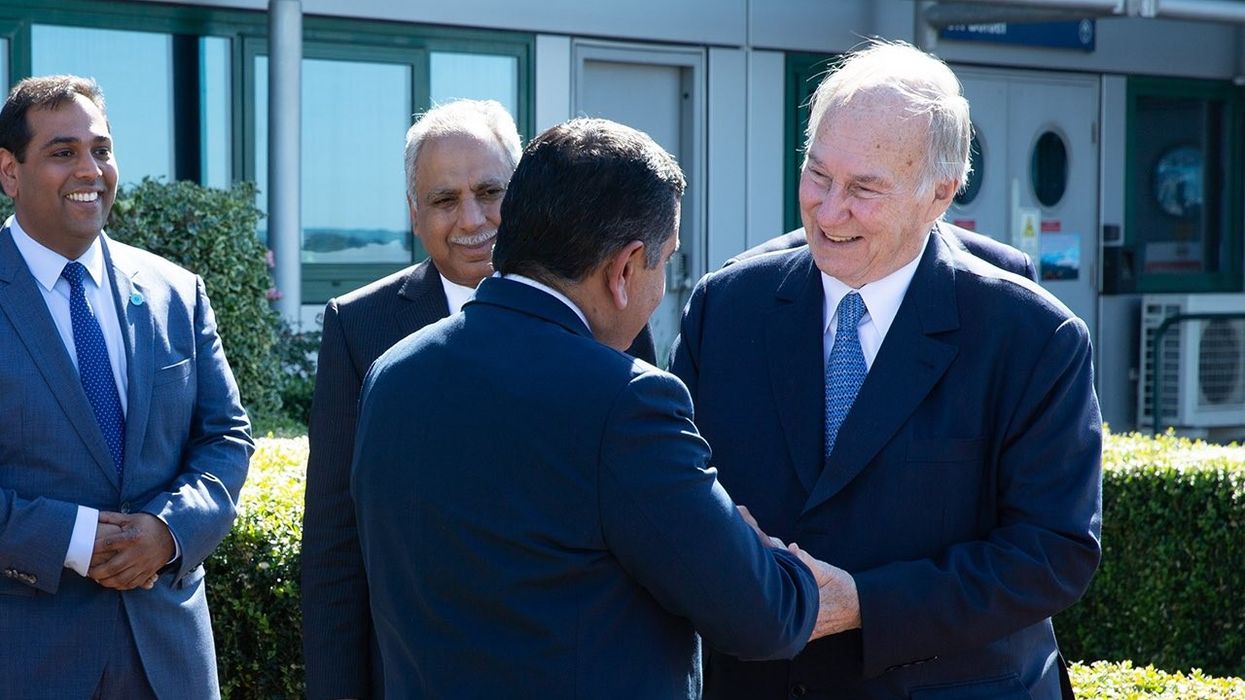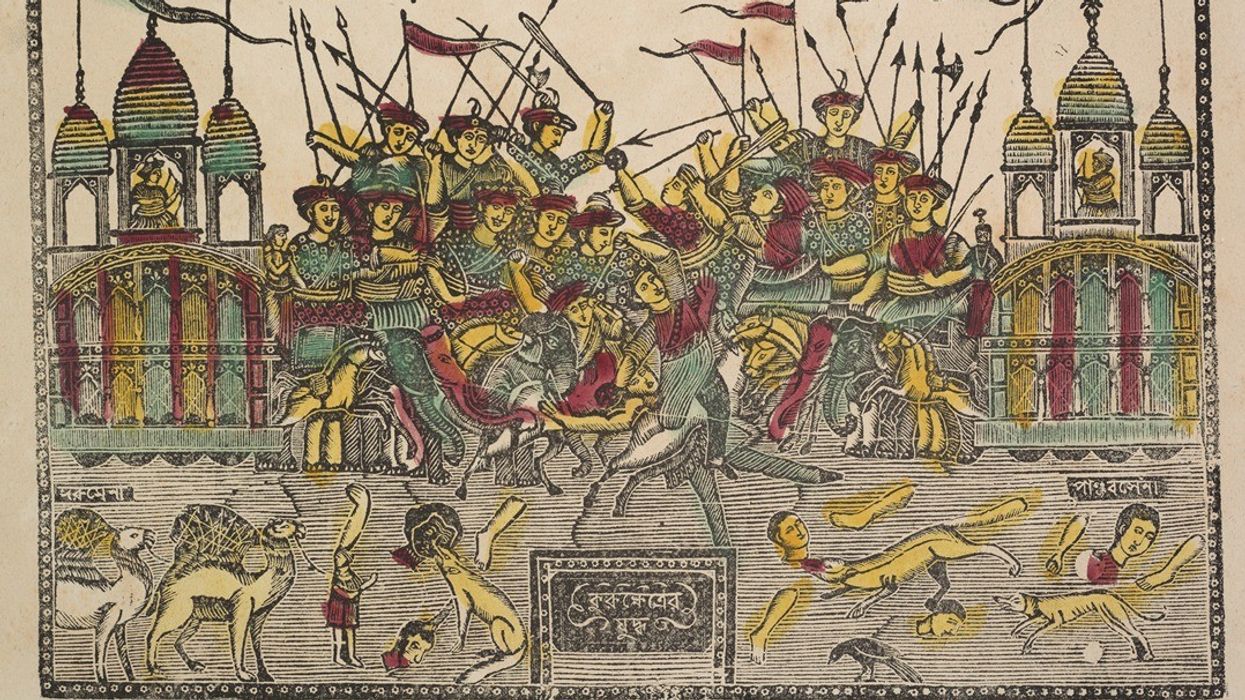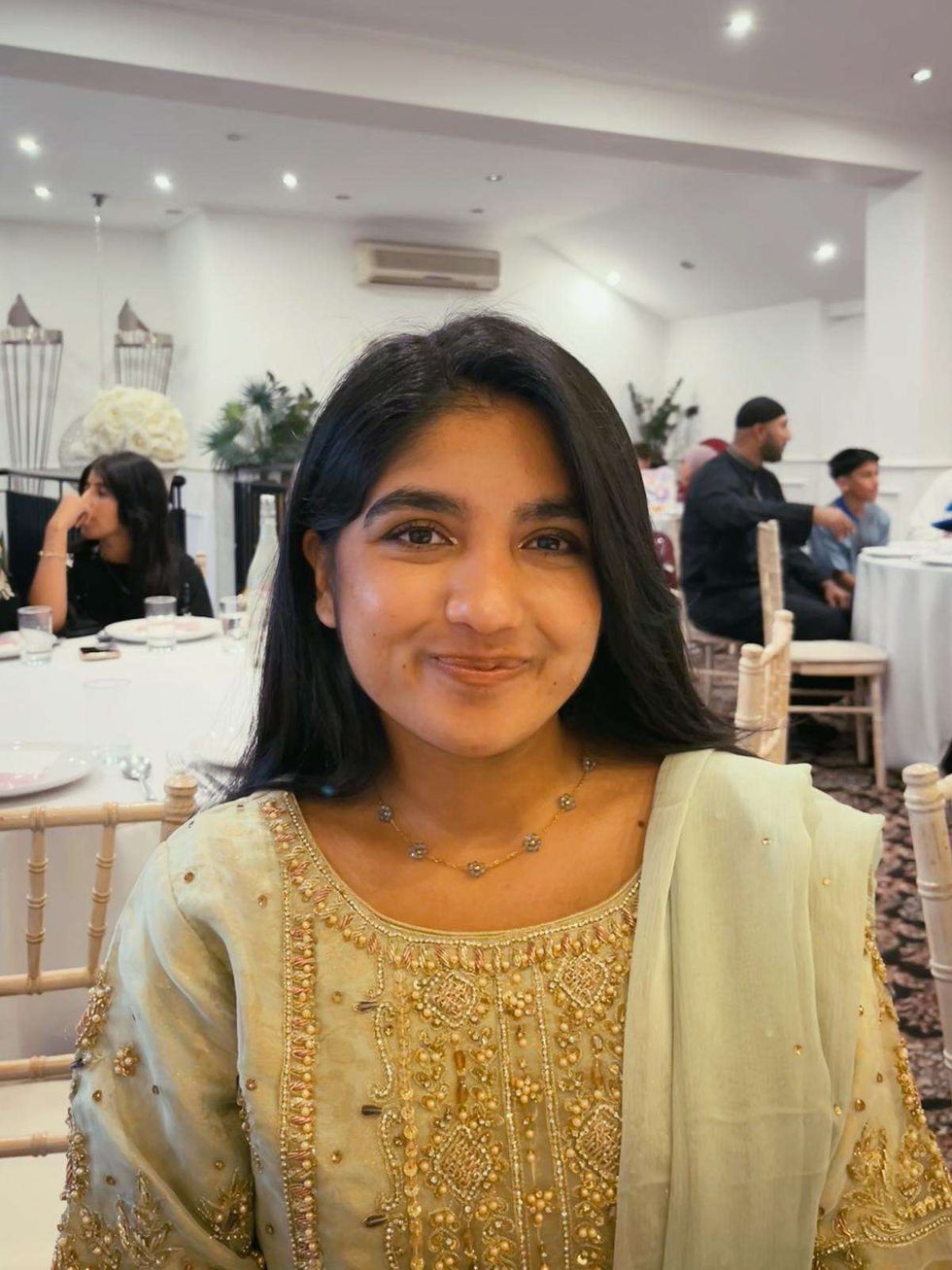LAST Tuesday (4), I learned of the sad news of the passing of an incredible humanitarian, scholar and religious leader, who inspired and brought hope to millions – His Highness Prince Karim Aga Khan IV, the Imam of the Ismaili Muslims. (To god we belong, to god we shall return).
He was a global leader renowned for his contribution to humanitarian work, development and the promotion of pluralism, religious coexistence and was a guardian of cultural heritage. Prince Karim Aga Khan studied in Switzerland and later at Harvard University, where he earned a degree in Islamic history in 1959. His studies provided him with a deep understanding of his faith and global affairs, shaping his leadership and vision for his community and his service to humanitarian causes.
At the age of only 20, on July 11, 1957, he succeeded his grandfather, Sir Sultan Mohamed Shah Aga Khan III, as the Imam and worldwide leader of the Ismaili Muslim community.
As the Imam, HH The Aga Khan assumed the responsibility of providing spiritual guidance and direction to millions of Ismaili Muslims across the world.
His leadership of the community spanned almost seven decades, focusing on education, social justice, economic empowerment and saw some significant milestones, establishing institutions that became a hallmark of the community and his lasting legacy.
Indeed, one of his most remarkable contributions was the setting up of the Aga Khan Development Network (AKDN), operating in the areas of health provision, education, culture, rural development, and economic growth across Asia, Africa, and the Middle East. That’s how I first met this inspiring leader, learning about the life-saving and empowering work of the AKDN on the ground in rural parts of Pakistan and across Afghanistan.
In 2018, I was honoured to welcome His Highness at the start of his official visit to the UK, and I recall the radiance that emanated from his face and the warmth of his smile as he descended his plane and greeted me with a warm embrace, as if we were old friends, akin to family.

Our conversations were ever enlightening and personal; he always demonstrated a sense of pragmatism and a deep passion to address human suffering.
I remember one such occasion when we talked about the challenges of the world; he listened as I spoke of the challenges of survivors of conflict and wars.
He smiled, held my hand and simply said, ‘my dear Lord Ahmad, I am with you, as is my community and the AKDN.’
His achievements included the establishment of Aga Khan University (AKU) – specialising on healthcare and education in Pakistan and East Africa, the Aga Khan Foundation (AKF) focusing on poverty alleviation, health, and education and the Aga Khan Trust for Culture (AKTC) a guardian of preservation and architectural restoration, including the Al-Azhar Park in Cairo.
Egypt has become the final resting place for this global leader of humanity. He also played a crucial role in promoting pluralism and interfaith dialogue, working directly with organisations such as the United Nations and World Bank to support sustainable development.
In 2000, he founded the Global Centre for Pluralism in Canada to advance inclusivity and diversity.
In our conversations we often talked of the vital need to promote the Islamic teachings of peace, compassion and coexistence, to counter the rising tide of radicalisation and extremism. Prince Karim Aga Khan’s was a life, I believe, defined by his unrelenting and passionate desire to serve the cause of humanity.
His personal leadership and vision saved lives and improved the lives of millions, particularly in marginalised and vulnerable communities in the world.
His belief of Islam as a faith of compassion, knowledge and progress is so vital in the divisions we see.
With his passing, the world has lost an inspiring leader, a man of faith and a passionate humanitarian – may his legacy continue for generations to come.





 Mareyah Bhatti , a sustainability strategist and passionate home cookMareyah Bhatti
Mareyah Bhatti , a sustainability strategist and passionate home cookMareyah Bhatti






Anurag Bajpayee's Gradiant: The water company tackling a global crisis